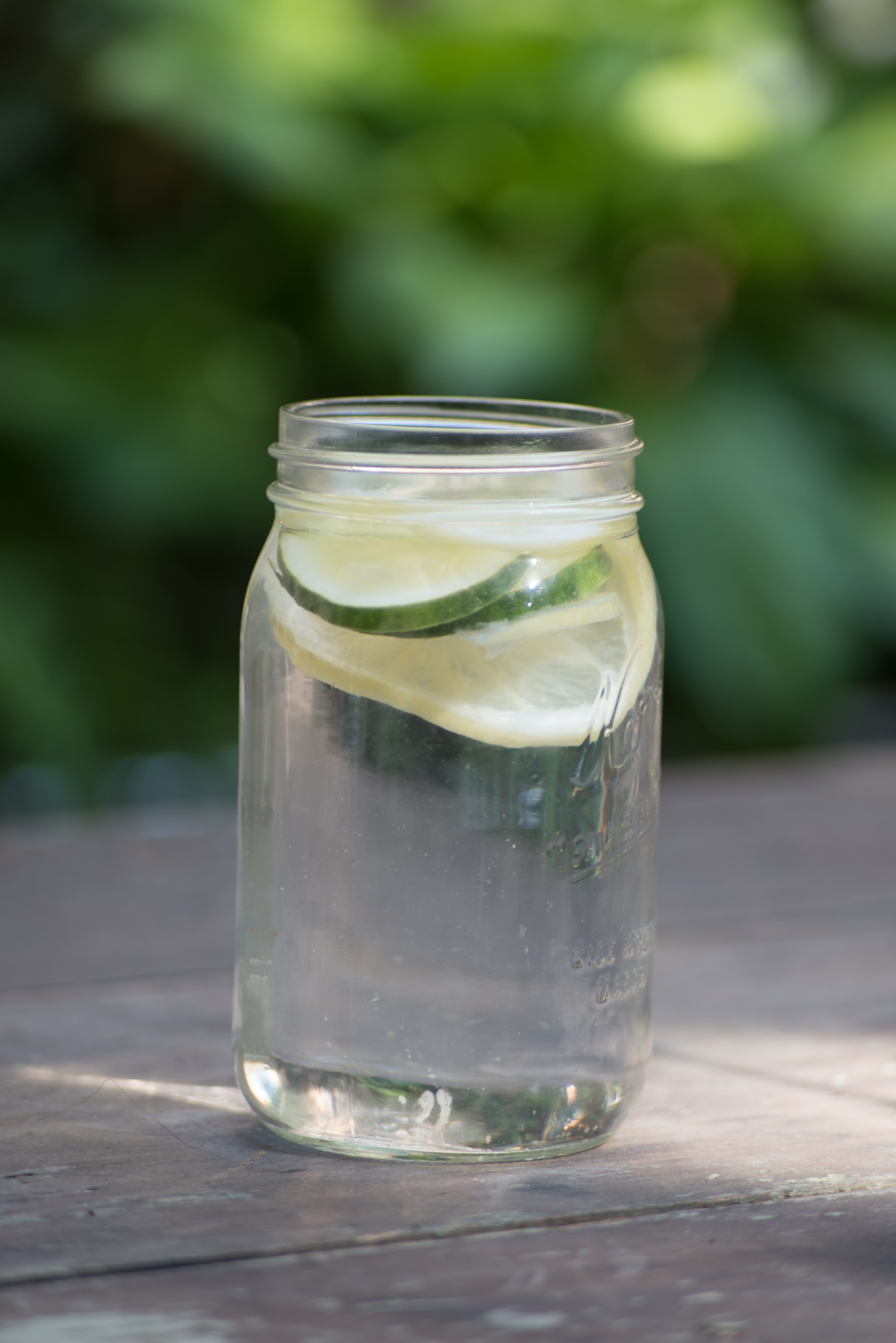Are you constantly hitting the snooze button?
Do you need coffee to get you through the day?
Do you ever feel “wired but tired” when you get into bed?
Do you feel “blah” all the time but just not sure why?
These symptoms may be caused by a condition called Adrenal Fatigue.
What is Adrenal Fatigue?
First, it helps to understand what the adrenal glands are. These stress glands are the primary producer of cortisol and affect processes like sleep, fat distribution, athletic stamina, sex drive, and energy and happiness levels.
Adrenal fatigue occurs when our adrenals have been overworked and stop releasing the right balance of hormones needed to manage our reaction to stress, food, and many other environmental inputs.
This condition can be attributed to several factors in our modern lifestyles, but especially our diets. The modern on-the-go diet is full of inflammatory foods and many common food allergens, keeping our bodies in a state of inflammation. Our adrenals become fatigued because cortisol is required to fight this inflammation. The adrenals become weaker and weaker, loosing their ability to manage many bodily functions, but especially energy production.

via Steph Jensen
In addition, we often place value on working hard, playing hard, and not quite giving enough time for our bodies and adrenals to rest. Many are also hooked on coffee, which requires the adrenals to pump out even more cortisol, placing further stress on the adrenals. A lot of people with later stages of adrenal fatigue don’t get much of a boost from coffee because the glands are too tired to produce more cortisol. It’s like trying to take money from an ATM when your account is at zero.
Additional symptoms of adrenal fatigue include:
- General lack of energy/fatigue
- Having a hard time sleeping and difficulty getting up in the morning
- Cravings for salt
- Increased effort needed to do daily tasks
- Decreased sex drive
- Inability to handle stress
- Long recovery periods from sickness or injury
- Lightheadedness
- Mild depression or less enjoyment in daily life
- Increased PMS
- Increased symptoms when meals are skipped or delayed,
- Memory loss, fuzzy thoughts or brain fog
- Lower back pain
If more than three of these symptoms are present, it is likely that you have adrenal fatigue.
These symptoms may sound all too familiar, yet you may not have even heard of adrenal fatigue. In fact, many western doctors haven’t even heard of adrenal fatigue and end up prescribing a sleeping pill or anxiety medication, which can actually make the problem worse. Most doctors don’t receive training on this because there is no patentable cure.
Thankfully, we all have an innate ability to heal ourselves, and there are many things you can do to shift your body into recovery mode.
I know it can be done. I myself had adrenal fatigue and was able to see significant improvement within just a couple of months. I went from not being able to make plans after 6 pm and wanting to sit on the couch all the time, to now jumping out of bed and being able to enjoy social activities again.
Here are my top tips for healing from adrenal fatigue, which I recommend following for at least a couple of months, or until you are feeling better:
1. Rest
This is the number one thing that our bodies need when the adrenals have been overworked. This means listening to your body and not pushing it to the limit. It’s very important to make time for rest. The more time you’re able to take off from your normal life, like cutting back on work hours or social events, the quicker you will heal. Get as much sleep as you can and allow yourself to sleep in when possible.

via Steph Jensen
2. Eat Supportive Foods
Focus on eating supportive, healing whole foods. These include quality fats (coconut oil, olive oil, ghee), essential fatty acids (salmon, sardines, dark green plants, and sesame), organic fruit that is low in sugar,raw nuts and seeds, sea salt (if you find yourself having to go to the bathroom frequently, add sea salt and apple cider vinegar to your drinking water), high quality proteins, organic vegetables (especially the ones that are vibrantly colored), gluten-free grains (buckwheat, millet, quinoa, amaranth), sprouts, and sea vegetables.
3. Limit Foods that Stress the Adrenals
Limit refined sugar, caffeine, gluten processed foods, foods high in potassium (like bananas), dairy, dried or sugary fruits (raisins, dates, oranges, and grapefruits), simple carbohydrates (bread, pasta, cereals), deep fried foods, alcohol, and soda. These are all foods that require a strong response from the adrenals. This is also an ideal time to limit common food allergens, such as corn, soy, and other grains. You may be surprised to see how great your body feels without these foods! Using a paleo guideline can be helpful for this.
4. Don’t Over Exercise

via Steph Jensen
During this healing period, focus on healing forms of exercise such as restorative yoga or walking. It’s very important not to over exercise as you can set yourself back in the healing process. During my period of healing, I even found that vinyasa yoga was too stressful and I felt wiped out for the rest of the day. I developed a simple 30 minute yoga routine which I found to be very restorative, and I still practice to this day. This is also a great time for other self-care rituals such as meditation, journaling, or taking baths.
5. Practice Self Care
Give yourself lots of love and self care. Recovery will largely depend on lifestyle, including how energy is spent, what we feed our bodies, but also the thoughts and beliefs that we choose to base our lives on. Other factors that will greatly improve this condition include getting quality sleep, laughter, mild (but not excessive) exercise, drinking plenty of high quality water, exposure to sunlight (Vitamin D can play a key role in assisting the adrenals), proper detoxing (infrared saunas can help release harmful toxins) and reducing outside stressors.
6. Consume Supportive Herbs

via Steph Jensen
Depending on what stage of adrenal fatigue you’re in, different you may benefit from different herbs and vitamins, but ashwaganda, licorice root, rhodiola can all be very supportive for the adrenals. Gaia makes a great blend called “Adrenal Health.”
This may sound like a lot but when we’ve been placed our bodies and adrenals under so much stress for years on end, a few months of healing will make a world of difference in the long run. In fact, when left untreated, adrenal fatigue can lead to serious disease, since the adrenals play an important role in recovering from injury or illness. Diseases linked to adrenal fatigue are chronic fatigue syndrome, fibromyalgia, alcoholism, heart disease, hypoglycemia, rheumatoid arthritis and respiratory disorders.
I’ve been there, and understand how frustrating it can be to not understand why you’re tired all the time, no matter how much sleep you get! Or to lie in bed at night wondering why you can’t sleep, when just an hour ago you felt so tired! I’ve been there and I can relate, but I also know that it can be overcome.











